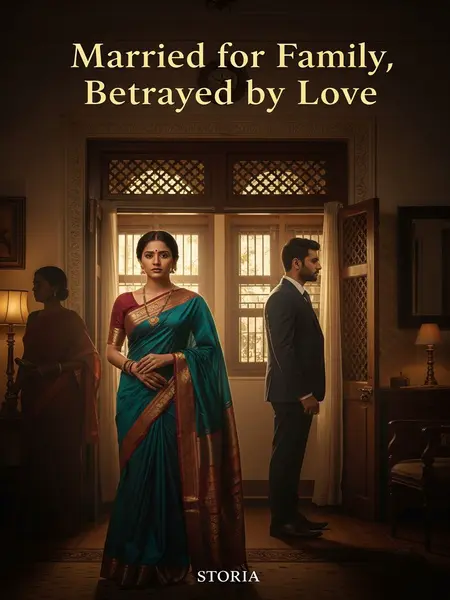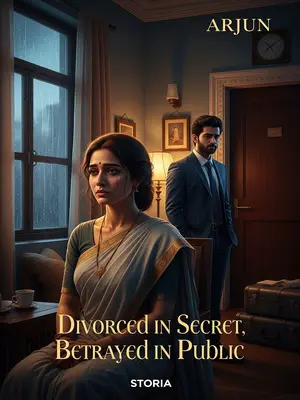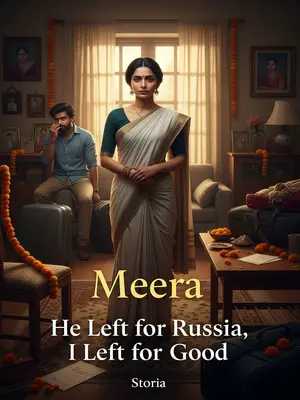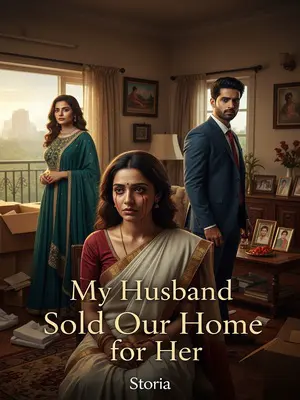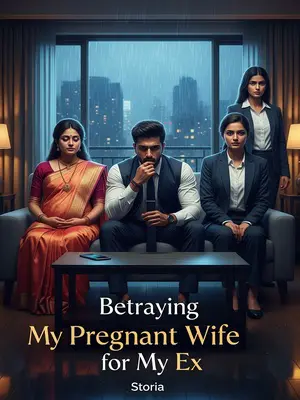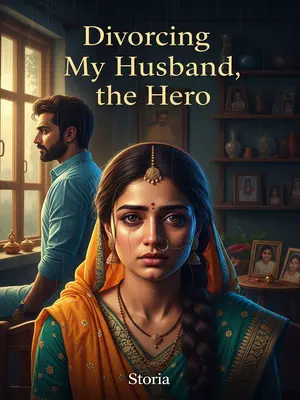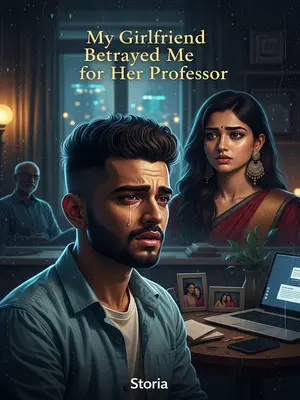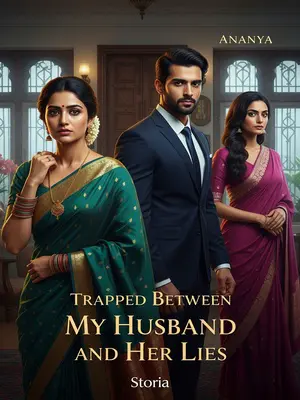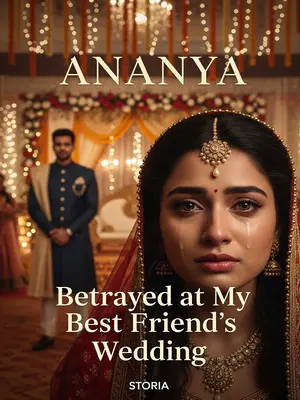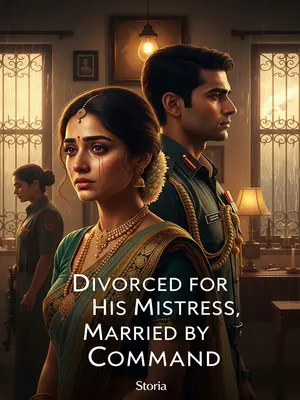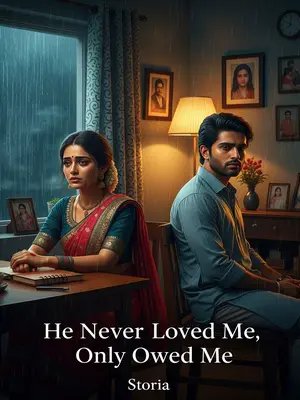Chapter 2: Cracks and Confessions
When I woke up, I saw Rohan standing by the window in the hospital room, talking on the phone.
He stood turned away, one hand tucked into his pocket, the other gripping his phone. The air was sharp with Dettol, and a baby’s distant cry drifted down the corridor.
He said, "You shouldn’t have come today. What would I do if you got hurt?"
His voice was low, raw with fear—so different from his usual clipped tones. Outside, the Mumbai rain tapped against the glass, echoing his worry.
"I’ll divorce her eventually. Wait for me, okay?"
Just those two sentences.
Just two lines, but they landed like stones in a pond, sending ripples through everything I thought I knew.
I understood immediately—the waiter was Priya.
The puzzle pieces clicked into place. The glances, the tension, the odd hesitations—all of it made sense. I let out a slow breath, the truth settling in like monsoon mud.
The girl he wanted to marry, but couldn’t.
He turned and saw that I was awake, letting out a faint sigh of relief.
His shoulders dropped a little, as if he’d been holding his breath for hours. There was a flash of guilt in his eyes, the kind that doesn’t fade even when you look away.
I wanted to smile, but couldn’t manage it.
My lips twitched, but the gesture wouldn’t come. Instead, I simply looked at my hands, noticing the mehendi fading—the patterns almost gone, like promises that never lasted. I traced the hospital sheet with my fingers.
He walked over to me, raising an eyebrow. "You’re awake?"
He tried to sound casual, almost cheerful, but there was a tightness around his eyes. The hospital light made his skin look paler than usual.
I said yes.
My voice was barely above a whisper, but I forced myself to look up. I didn’t want to appear weak, not in front of him.
In these three months of marriage, we seemed to treat each other with respect and courtesy.
We moved through the world like actors on stage—every word measured, every gesture rehearsed. Outsiders would call us the perfect couple; only we knew how much we kept to ourselves.
But in reality, apart from the night we got our marriage certificate, we had barely spoken.
The silence stretched long and heavy, punctuated only by polite questions at breakfast or the occasional nod in the corridor. Some days, it felt like we were both waiting for a script we’d forgotten.
Now, the silence between us was even heavier.
I could hear the clock ticking, the faint buzz of a nurse’s shoes in the corridor. All the unspoken words seemed to pile up, threatening to spill over.
After a long pause, he said, "Don’t you want to ask me for an explanation?"
He looked almost wary, as if bracing himself for a scene. But I was too tired for confrontation.
I replied that there was no need; I had already guessed who that person was.
My tone was calm, maybe too calm. Inside, I felt a strange relief—at least the truth had surfaced, even if it left bruises.
He let out a quiet laugh. "You’re as smart as you were in school."
For a brief moment, I remembered those school days—the way he’d grin when I solved a tough maths problem before anyone else. Now, the laughter was laced with a kind of sadness, both of us aware of how much things had changed.
